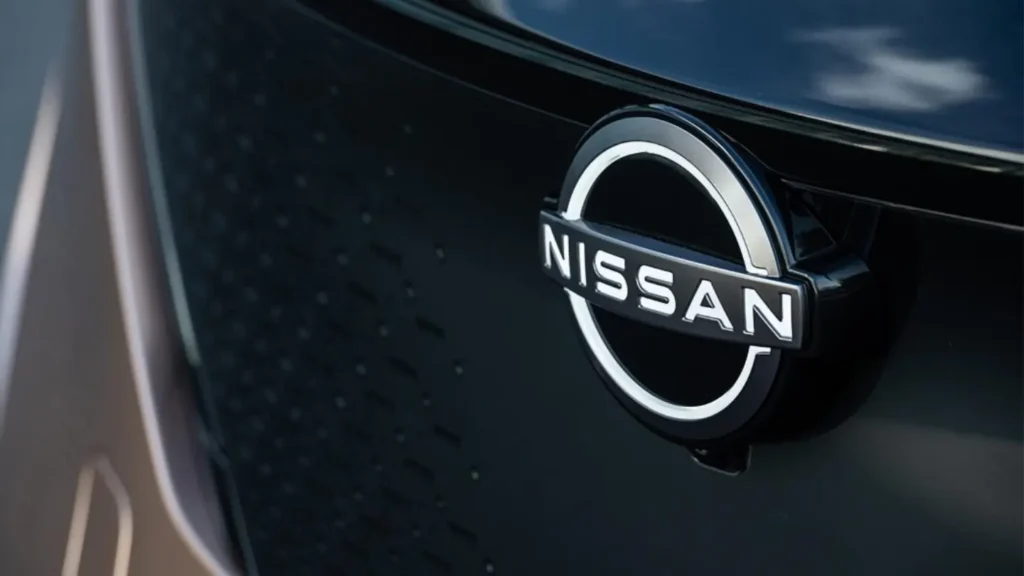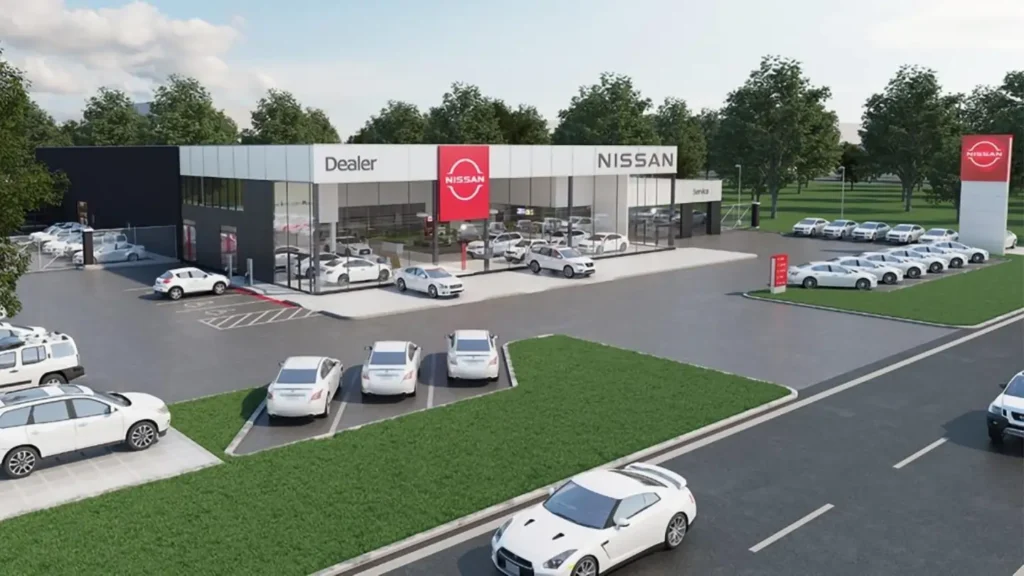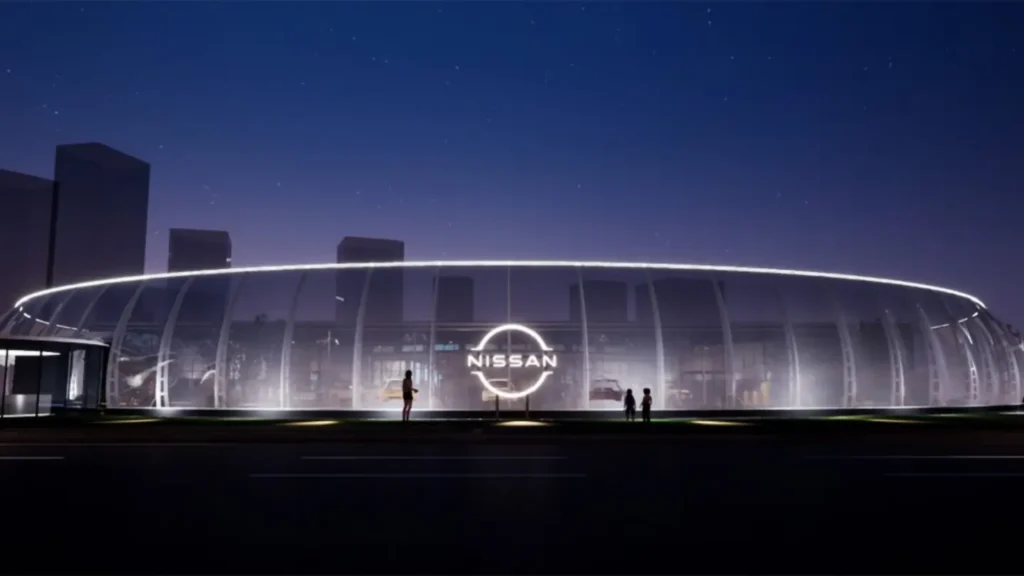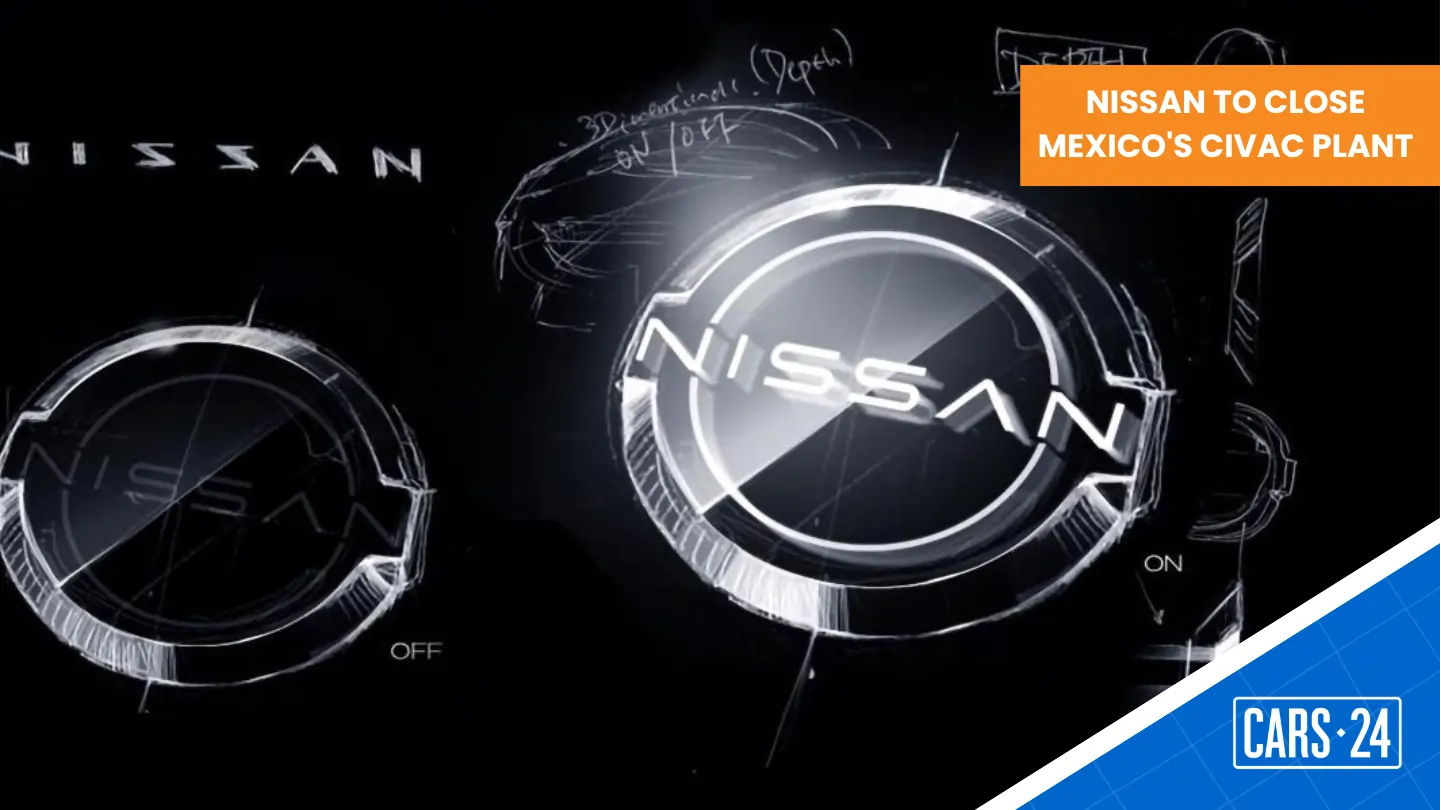Nissan is officially pulling the plug on its historic Civac manufacturing plant in Jiutepec, Mexico, its first full-scale production facility established outside Japan. The closure is expected to take place by March 2027, with another joint-venture plant in Aguascalientes, Mexico, also scheduled to shut by early 2026. Both decisions fall under the brand’s broader Re:Nissan recovery strategy, which aims to cut costs and regain financial stability.

Key Highlights
- Civac plant was Nissan’s first vehicle production site outside Japan, operating for nearly 60 years.
- The facility builds the Navara and Frontier utes for Latin America.
- Plant to shut by March 2027, with production consolidated into other Mexican sites.
- Nissan will also exit the COMPAS joint venture with Mercedes-Benz by early 2026.
- Part of Nissan’s global plan to cut production sites from 17 to 10 and reduce annual capacity by 1 million vehicles.
What’s new?

Nissan’s Civac facility spans over 409,000 square metres and once produced nearly 300,000 vehicles a year. In contrast, the factory manufactured just 80,000 units in 2024, and that number is projected to drop to 57,000 in 2025—barely 20% of its former output.
The COMPAS plant, which covers 220,000 square metres, currently produces two Infiniti SUV models. Both are set to be discontinued by the end of 2025, with the factory itself shutting its doors shortly after.
These moves reflect a global shift, with Nissan choosing to consolidate operations in fewer, more efficient locations.
Pricing and variants
While no new vehicles are being launched with this announcement, the closure impacts two key models:
- Nissan Navara – widely sold across global markets, including Australia.
- Nissan Frontier – Latin American version of the Navara.

Infiniti SUVs affected by the COMPAS closure have not yet been detailed, but are expected to be phased out by late 2025.
Availability in Australia?
Although the Civac plant primarily serves Latin America, Australian consumers may experience:
- Longer delivery wait times for the Navara, depending on how Nissan restructures its supply chain.
- Potential price adjustments in the near future, especially if production shifts increase costs.
- No immediate impact on Infiniti sales in Australia, as the brand no longer sells new vehicles locally.
Final takeaway
Nissan’s decision to shut down its Mexico plants marks a significant step in its global restructuring plan, aimed at recovering from financial strain and streamlining operations. While the move primarily affects Latin American production, its ripple effects could extend to global markets, including Australia, depending on how supply chains adapt in the coming years.

Comments
New Comment